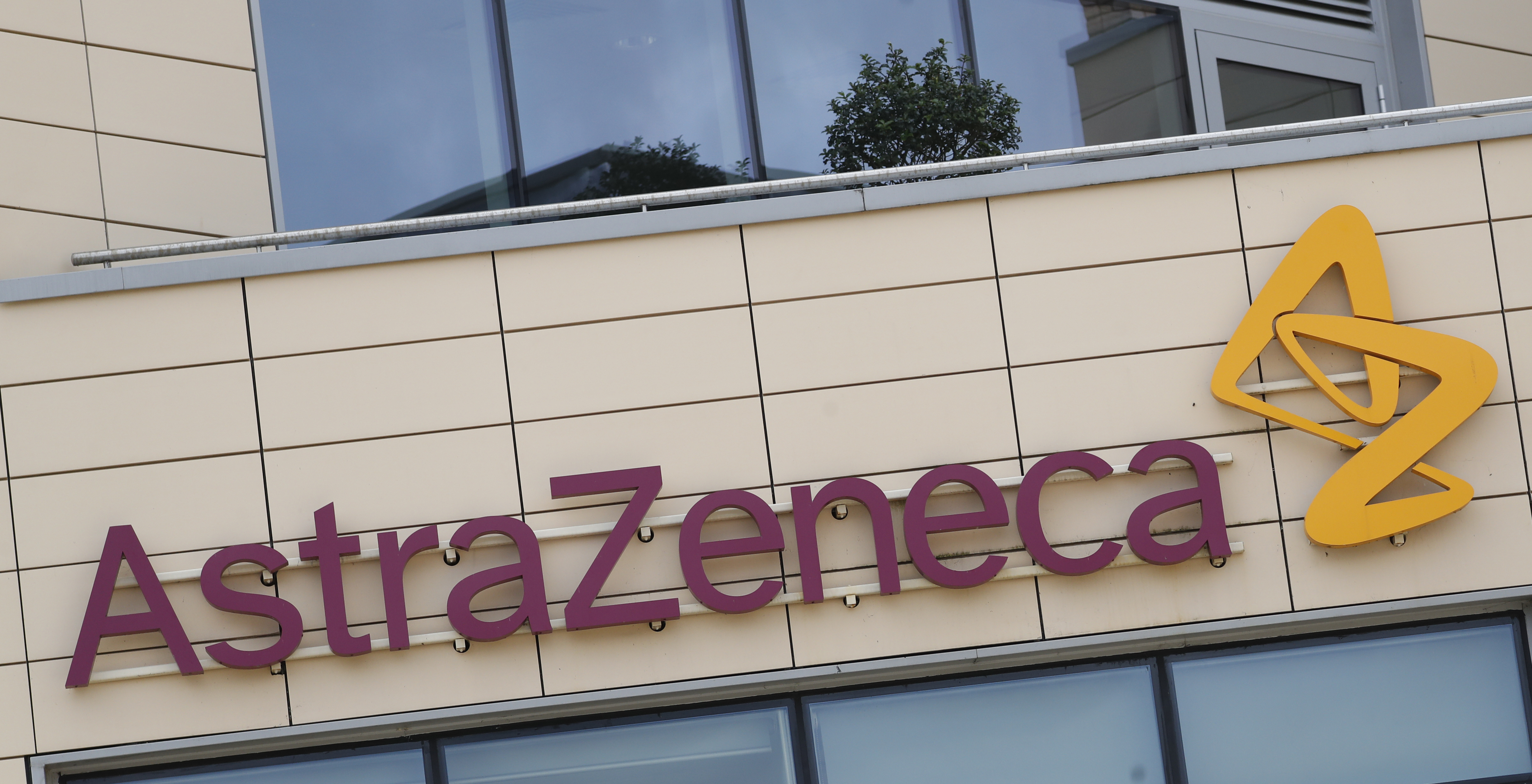KANSAS CITY, Mo. — An ultrasound exam when Dyan Mojica was 12 weeks pregnant told her and husband, Abel, that they might have a child with Down syndrome. Amniocentesis has been the next step in getting the diagnosis. It’s an invasive procedure with some risk.
Instead, the Leawood couple chose a new, simple blood test with no risk to mother or baby.
“It was completely non-invasive,” said Dyan. “It was a blood test we could do in the office and get the results in seven to 10 days.”
Cell-free fetal DNA testing focuses on the fetus’s DNA floating in the mother’s bloodstream. It tests only for Down syndrome and two less common disorders.
Dr. Elizabeth Wickstrom, a high-risk pregnancy specialist at Shawnee Mission Medical Center, tells women the new test is 99 percent accurate in detecting Down syndrome.
“I think it’s going to be a wonderful reassurance for a lot of families who have come into pregnancy believing they’re at very high risk,” said Dr. Wickstrom.
It’s also for those like Molly Berndt and her husband who, like the Mojicas, learned from ultrasound that there was a chance of Down syndrome. The Berndts decided to proceed with the new test so if their child had the disorder, they could prepare.
“It was more just — do we need a different pediatrician? Do we need to have a different daycare set-up? We need to make sure we have all the things in place,” said Molly.
The test showed there was no disorder. Their daughter, Evelyn, was born last fall. For the Mojicas, there was a different result.
“I think in my heart, I already knew that was what we were gonna hear,” said Dyan.
The news that their son, Daniel, had Down syndrome came more than five months before he was born. The Mojicas say the question of whether to terminate the pregnancy did enter their minds.
“I felt scared and was looking maybe for a way out, but after a few days and a lot more knowledge, I realized this isn’t the end of the world, and it’s possibly the beginning of a new and exciting world,” said Dyan.
The Down syndrome community is concerned there will be more abortions resulting from the new test since it can be done as early as 10 weeks. The Down Syndrome Guild points to studies showing the termination rate of fetuses with Down syndrome is already close to 70 percent. Amy Allison of the guild said a big reason is that doctors don’t receive training in presenting the news in a neutral way.
“More often than not, I get phone calls where couples have been given, ‘We’re sorry. We have bad news for you. Your baby’s gonna be born with Down syndrome and we can schedule your termination next week,'” Amy said.
“If the doctor gives you a diagnosis and immediately tells you it’s not too late to terminate, I think that path becomes too easy,” Abel said.
“I don’t know if we’re going to see a big jump in pregnancy terminations related to this specifically,” said Wickstrom. “I think that’s a valid concern.”
In response to the new test, the Down syndrome community is putting up billboards with the message, “Prenatal testing cannot predict this kind of love.”
The Mojicas say they were fortunate to receive unbiased counseling from their doctor and a genetics counselor who referred them to the guild so they could talk with families.
“They just were raising their kids and they were happy families,” said Dyan.
Dr. Wickstrom emphasizes that even with early, accurate diagnosis, more testing is needed to tell, among other things, whether the fetus has a heart defect that can occur with the disorder. Daniel does have one.
The doctor says couples should also have counseling before choosing the test. The American College of Obstetricians and Gynecologists said the test is only for those at high risk — women 35 or older, women who already have a child with one of the disorders and women carrying a fetus that shows abnormalities on ultrasound.
But sales of the test suggest many others are choosing it even though it’s only been studied in high-risk women.
“Frankly, we don’t know what the false positive, false negative numbers are for those tests in the general population,” said Dr. Wickstrom.
Still, the Mojicas think the test should be available to any couple who wants it.
“I think it’s important to have that running start,” said Abel.
They educated their four older sons about Down syndrome. They were ready to welcome Daniel.
“We could be really happy on the day he was born and celebrate Daniel’s arrival instead of being shocked and scared and sad and missed those memories,” said Dyan.
Many insurers are covering at least part of the cost of the test. Without insurance, expect to pay between $250 and $800.


